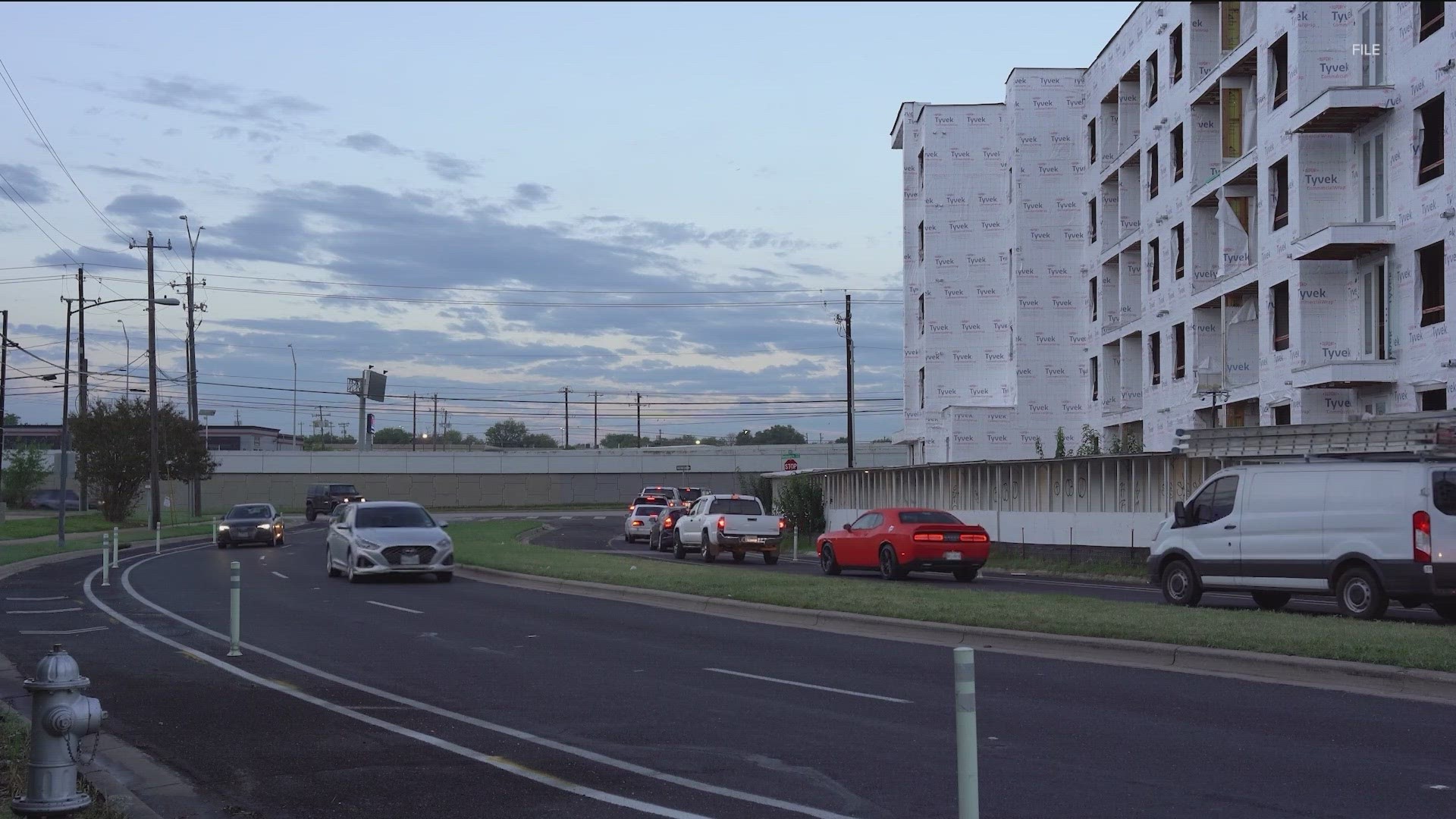AUSTIN, Texas — A Travis County civil district judge will decide if four of the City of Austin’s affordable housing development ordinances violate state law.
A group of nearly 20 people filed a motion to stop the City from giving development bonuses to land developers that build affordable housing under the ordinances. The group claims the City passed the ordinances with little to no public input and protest period.
Under current rules, developers may get certain zoning requirements relaxed if they agree to set aside units for affordable housing. What rules get relaxed, the amount of affordable units required and the income level for the affordable units depend on the program.
Texas law requires cities to let property owners know if a lot within 200 feet may change zoning.
The City argues the zoning codes didn’t change. Instead, one ordinance creates a zoning overlay and the other three ordinances allow some zoning requirement relaxation.
The plaintiffs’ attorney, Douglas M. Becker, said the City violated a prior court ruling by not giving the public time to weigh in and protest. He filed a motion to enforce an injunction against Austin. That injunction came from a 2019 lawsuit.
This same group sued the City for failing to provide notice and protest rights to property owners when the City rewrote its land development code, called CodeNEXT. The group won the lawsuit and the appeal.
RELATED: CodeNEXT, Austin land development code rewrite, effectively over after appeals court ruling
The four ordinances debated include residential units in commercial areas, certain developments designed for both residential and commercial use, certain developments along major transit corridors and loosening restrictions in other areas in exchange for affordable housing units.
The City’s attorney, Hannah Vahl, said 66 developments could be impacted. Twenty-nine of them are in the construction process. She said the other 37 are set for development.
Becker said this isn’t about affordable housing. He said the City made these decisions without proper public input and without giving time to protest, which violates the public’s rights.
“Austin clearly has a housing issue, and it needs to be addressed. But they have to do it in a way that complies with the law. It's not just a procedural technicality,” Becker said.
“The city appreciates the court’s careful consideration of the issues raised in the motion to enforce and we are confident that the city complied with state law, including the judgment when it approved the four ordinances,” a City of Austin spokesperson wrote in a statement to KVUE.
It is now up to the 200th Civil District Court Judge, Jessica Mangrum, to decide. There is no word yet on when she plans to issue a ruling.

